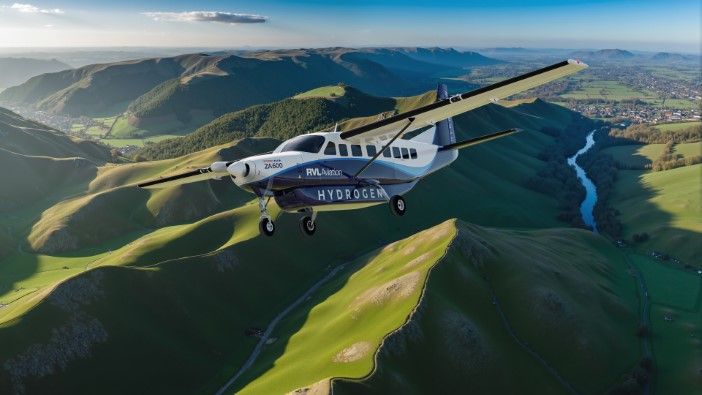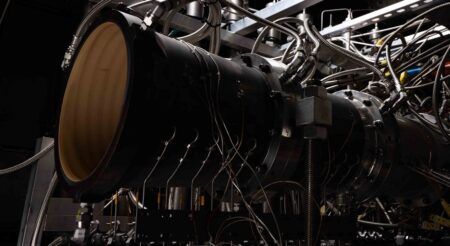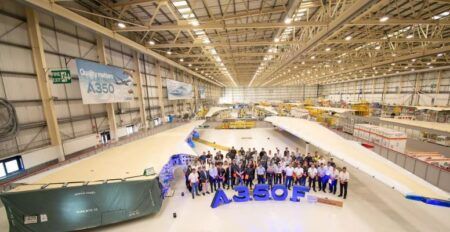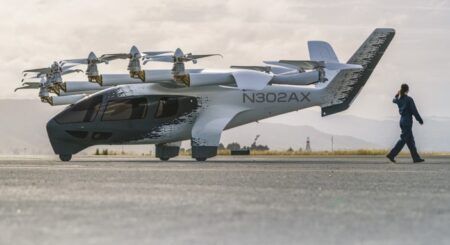ZeroAvia and operator RVL Aviation plan to operate Cessna Grand Caravan aircraft retrofitted with ZeroAvia’s hydrogen-electric ZA600 powertrain in the UK. The flights, which will commence once certification for the engine, airframe integration and planned services are obtained could be the world’s first hydrogen-electric commercial cargo operations.
Analysis performed by RVL and ZeroAvia confirms the ZA600-enabled Cessna Caravan would meet existing operational requirements while virtually eliminating the climate impact of operations. According to ZeroAvia, almost 1,000 aircraft operating cargo routes worldwide could potentially be powered by ZA600 powertrains in the future.
The agreement between RVL and ZeroAvia focuses on the Cessna Caravan 208B, with RVL working on aircraft leasing with MONTE, a global asset manager focused on financing sustainable regional transportation.
RVL Aviation, which is based at East Midlands Airport provides airborne survey and surveillance, aerial dispersant services and charter capabilities to government and private sector organizations.
“Today is a proud day for all of our team in our pursuit of a clean future of flight as we now have a confirmed launch operator with concrete plans to fly aircraft powered by the ZA600 engine,” said Val Miftakhov, founder and CEO of ZeroAvia. “We have the engine design, we have the integration plans for the launch airframe, we have the solutions to provide the hydrogen fuel, and we have the customers wanting to operate the first routes.”
ZeroAvia’s hydrogen-electric engines uses fuel cells to generate electricity to power electric motors turning the propulsors, with water as the only byproduct. Switching to fuel cell propulsion can significantly reduce the climate impact of aviation activities.
According to ZeroAvia Hydrogen-electric propulsion may also reduce operating costs for aircraft operators due to lower maintenance requirements and reduced fuel costs. The technology eliminates combustion entirely, potentially offering operational advantages beyond environmental benefits.
“This is a genuinely exciting initiative, and it is a crucial step forward for our ambition to be at the heart of the global effort to decarbonise this sector,” said Dave Connor, CEO of RVL Aviation.
ZeroAvia has tested a prototype ZA600 engine aboard a Dornier 228 aircraft at its UK base in Kemble, Oxfordshire. The powertrain is currently subject to a certification application with the UK CAA.
The company has also performed ground tests in the US and UK for key technologies for its ZA2000 propulsion system, including cryogenic tanks for liquid hydrogen fuel storage and proprietary high-temperature PEM fuel cell and electric propulsion systems.
The larger ZA2000 system will support up to 80-seat regional turboprop aircraft such as the ATR72 or Dash 8 400, representing the next step in hydrogen-electric aviation technology development.
RVL Aviation and ZeroAvia plan to explore opportunities to launch additional small turboprop operations based on the success of initial routes, with the potential to expand the technology across other operations when conditions permit.





